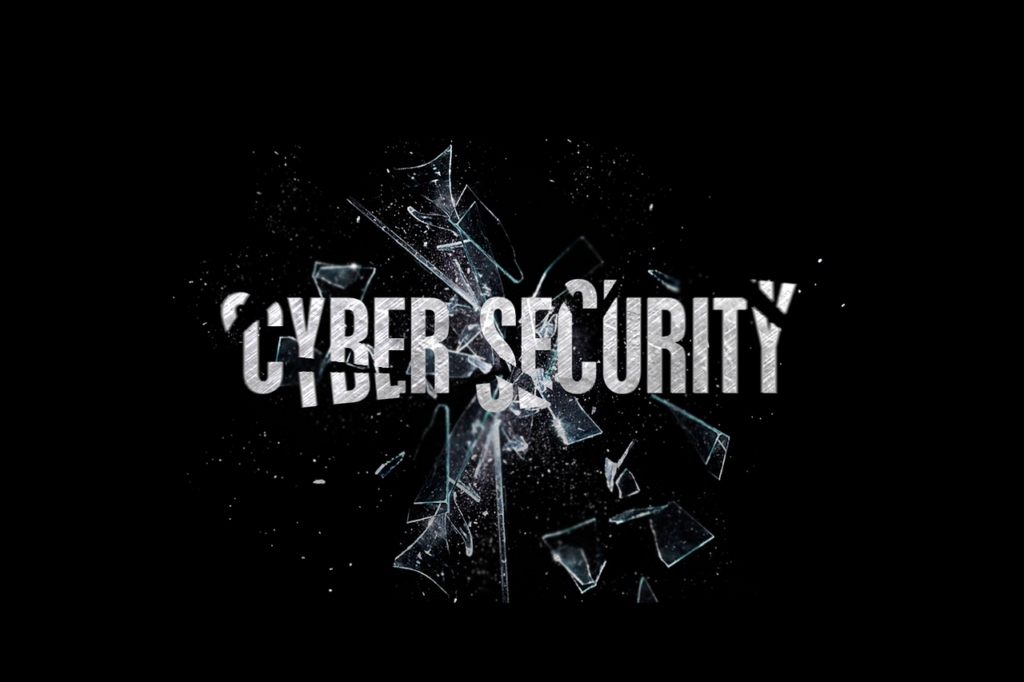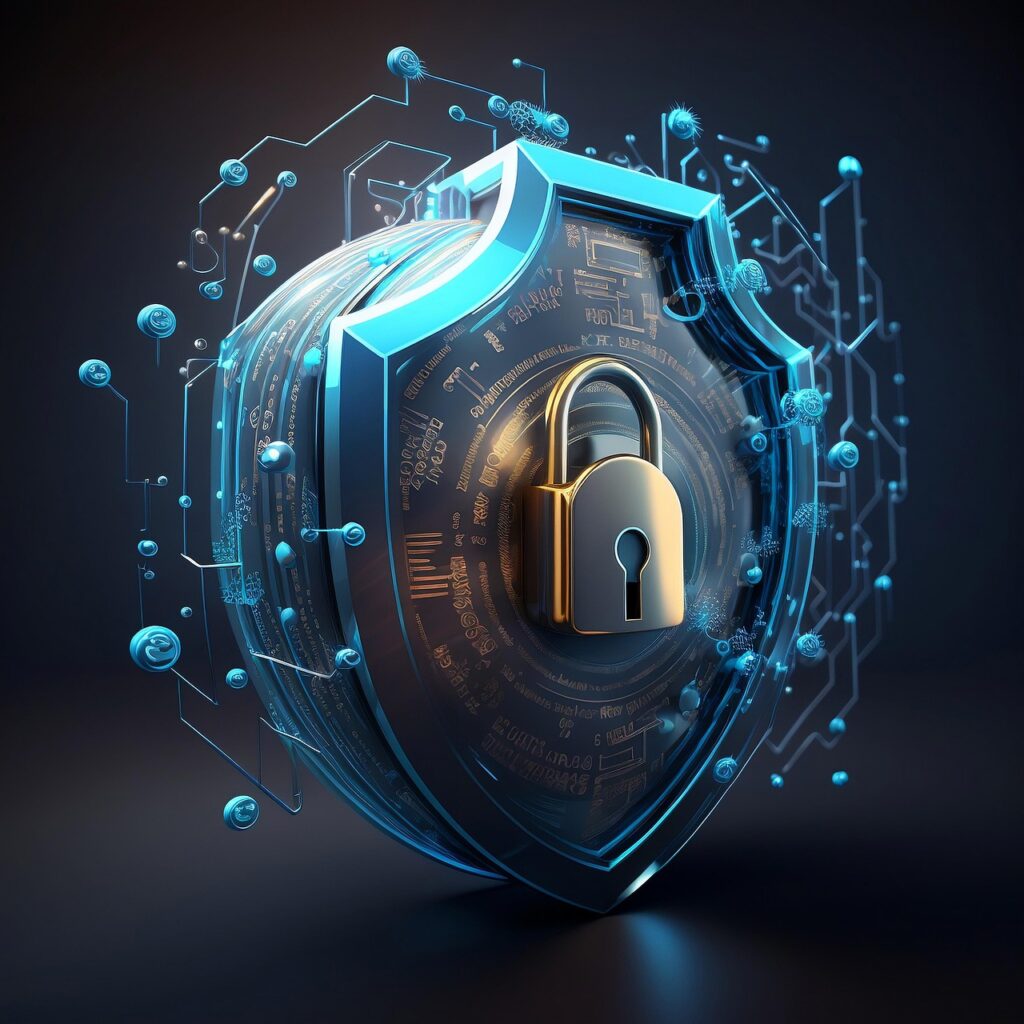The internet in 2025 is more powerful—and more dangerous—than ever. While technology keeps making our lives smarter and more connected, it also opens the door to new and sophisticated cyber threats.
From AI-powered hacking tools to deepfake scams and cloud vulnerabilities, cybercriminals are using the same innovations that benefit us to launch attacks. For USA users, where most businesses and individuals rely heavily on online banking, e-commerce, and cloud storage, the stakes are higher than ever.
So, what are the biggest cybersecurity threats in 2025? And how can you protect yourself? Let’s dive into the dangers—and the defenses.

1. AI-Powered Cyberattacks
Artificial Intelligence isn’t just helping workers—it’s also empowering hackers. In 2025:
- AI Phishing Emails: Hackers use AI to create hyper-personalized phishing emails that mimic friends, colleagues, or even bosses.
- Voice Cloning Scams: AI can copy your voice in seconds, tricking family members into sending money.
- Automated Hacking: AI bots scan thousands of websites for vulnerabilities in real time.
👉 USA victims lost over $12 billion in 2024 from AI-driven scams—and that number is rising in 2025.
Defense:
- Always verify unusual requests by calling back directly.
- Use AI-powered security tools (like antivirus with threat detection).
- Stay skeptical of “too-perfect” messages or calls.
2. Deepfake Fraud
Deepfake technology has gone mainstream—and not just for memes. In 2025, cybercriminals use deepfakes to:
- Fake CEO videos instructing employees to transfer money.
- Create political propaganda targeting USA voters.
- Generate fake celebrity endorsements to promote scams.
The scary part? Deepfakes are almost impossible for the human eye to detect now.

Defense:
- Use verification software that can spot manipulated media.
- Double-check financial or political claims from multiple sources.
- Businesses must train employees to identify deepfake risks.
3. Ransomware on the Rise
Ransomware remains one of the most profitable attacks in 2025. Hackers lock companies’ systems and demand payment in cryptocurrency.
- Hospitals, schools, and local USA governments are the top targets.
- Ransom demands range from $50,000 to $10 million.
- Some gangs now threaten to leak sensitive data if payment isn’t made.
Defense:
- Regularly back up data on offline drives.
- Keep systems updated with security patches.
- Never rely on a single layer of defense—use firewalls + antivirus + backups.
4. Cloud Vulnerabilities
With most USA businesses moving to cloud storage and remote work, hackers follow the data.
- Misconfigured servers expose millions of customer records.
- Cloud ransomware encrypts entire virtual environments.
- Attackers target small businesses that can’t afford advanced protection.
Defense:
- Encrypt sensitive files before uploading to the cloud.
- Enable two-factor authentication (2FA) for all cloud accounts.
- Work with trusted providers like AWS, Google Cloud, or Azure—avoid unknown hosts.
5. IoT and Smart Home Attacks
Smart homes are convenient—but also vulnerable. In 2025:
- Hackers can break into smart door locks, cameras, and even cars.
- IoT botnets turn millions of smart devices into attack armies.
- USA households with 20+ connected devices are prime targets.
Example: In 2024, hackers breached baby monitors in several USA homes, streaming live feeds on the dark web.
Defense:
- Change default passwords on all smart devices.
- Keep firmware updated.
- Use a secure router with a firewall.
6. Supply Chain Cyberattacks
One of the most dangerous trends in 2025 is supply chain hacking. Instead of targeting a big company directly, hackers attack smaller vendors that supply services or software.
- A single compromised vendor can affect hundreds of USA businesses.
- Attackers insert malicious code in software updates.
- These attacks are hard to detect because they look legitimate.
Defense:
- Businesses must audit suppliers’ security.
- Use zero-trust frameworks (don’t automatically trust any software).
- Monitor unusual activity after every update.

7. Cryptocurrency Scams
With crypto still popular in 2025, scammers are evolving:
- Fake crypto investment platforms trick users into depositing funds.
- Wallet hacks drain digital assets overnight.
- Rug pulls in NFT and DeFi projects continue to cost USA investors millions.
Defense:
- Use hardware wallets for crypto storage.
- Avoid clicking on random crypto ads or offers.
- Stick to regulated exchanges like Coinbase or Kraken.
8. Social Engineering
Even in 2025, the human element is still the weakest link.
- Hackers manipulate emotions—fear, urgency, greed—to trick users.
- Fake IRS calls demanding “tax payments” remain common in the USA.
- Romance scams and fake job offers are still stealing millions.
Defense:
- Never share sensitive info over email, text, or phone.
- Slow down when pressured to “act now.”
- Verify job offers and financial requests directly with organizations.
9. Quantum Computing Threats (Future Risk)
While still developing, quantum computers may soon break today’s encryption. This means:
- Bank data, medical records, and government files could be vulnerable.
- USA cybersecurity agencies are already preparing for “post-quantum encryption.”
Defense (for now):
- Use services adopting quantum-resistant encryption.
- Stay updated on new cybersecurity standards.
10. Personal Data Breaches
Data remains the goldmine for hackers. In 2025:
- Over 80% of USA adults have had personal data leaked at least once.
- Hackers sell stolen SSNs, credit cards, and medical records on the dark web.
- Even small apps collect too much data, making users easy targets.
Defense:
- Use a reliable VPN to protect browsing.
- Monitor your credit report regularly.
- Limit personal info shared online.
Final Thoughts
Cybersecurity in 2025 isn’t just about protecting your devices—it’s about protecting your identity, money, and trust.
Hackers are smarter, faster, and better equipped than ever before. But with awareness, strong defenses, and a little caution, you can stay one step ahead.
👉 Key takeaway for USA readers:
- Use multi-layered security.
- Stay updated on new scams.
- Remember: if something feels suspicious, it probably is.
Question for readers:
Do you think AI will help us win the fight against hackers—or give them even more power? Share your thoughts in the comments below!